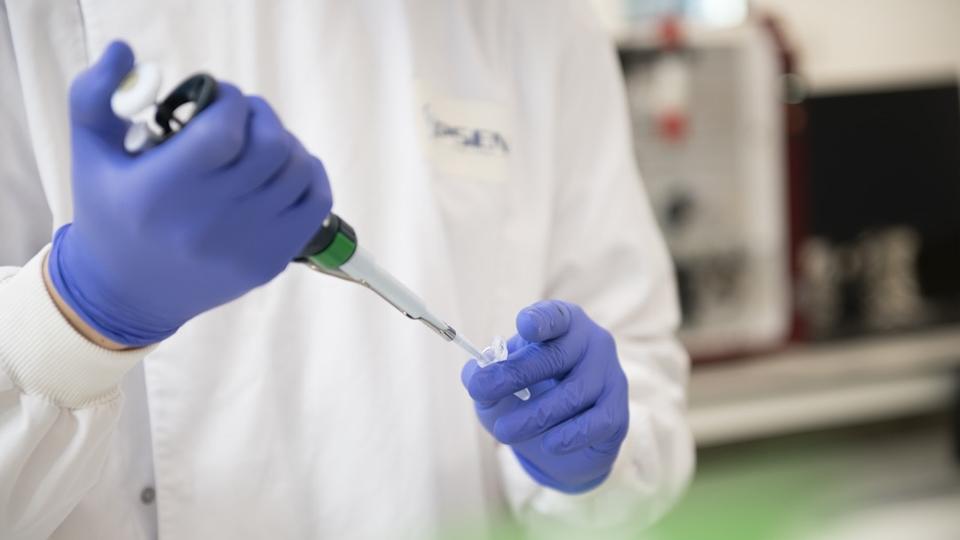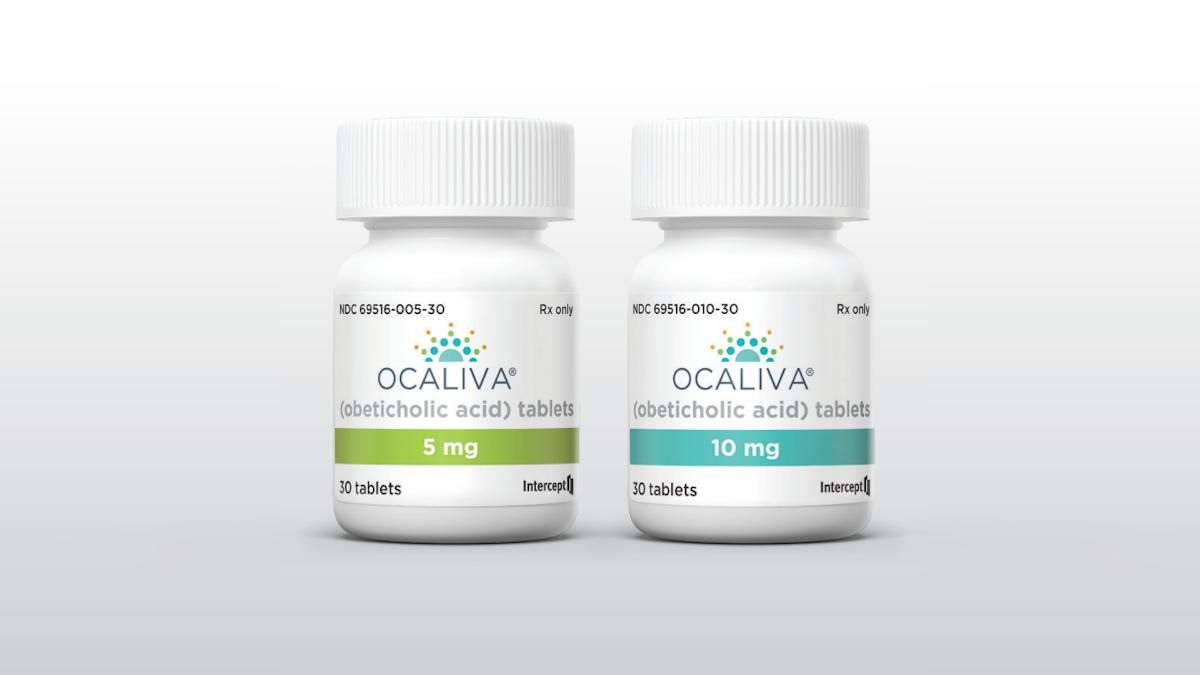FDA clears Ipsen’s primary biliary cholangitis drug

Ipsen has been given accelerated approval by the FDA for Iqirvo, which becomes the first dual PPAR alpha/delta agonist for rare cholestatic liver disease primary biliary cholangitis (PBC).
Iqirvo (elafibranor) is also the first new therapy for PBC in more than a decade, getting a green light as a second-line therapy in combination with ursodeoxycholic acid (UDCA) in adult patients who have an inadequate response to UDCA, and as monotherapy in patients unable to tolerate UDCA.
PBC is a chronic, autoimmune disease in which bile ducts in the liver are gradually destroyed, leading to cirrhosis, and affects around 100,000 people in the US, mainly women, with its prevalence on the rise. Symptoms include debilitating fatigue and itching (pruritus).
PBC can worsen over time if not effectively treated, leading to liver transplant and – in some cases – premature death.
Ipsen has set a list price for the drug of around $11,500 per month, ahead of any discounts or rebates, and it will compete in the US market with Intercept Pharma’s Ocaliva (obeticholic acid), which has been approved since 2016 for a similar indication and has a list price of around $10,000 per month. Ocaliva had worldwide sales of $344 million last year, $286 million of that total from the US.
The FDA has approved Iqirvo after a priority review based on the results of the ELATIVE trial, which showed that 51% of patients on an 80 mg dose of elafibranor achieved a cholestasis response, measured using a biomarker of liver disease progression called ALP, compared with 4% of those taking placebo.
ALP levels were also normalised in 15% of the Iqirvo-treated group, with none of the subjects on placebo plus UDCA achieving that secondary endpoint. The drug was also able to achieve a trend towards a reduction in pruritus – considered to be one of the most debilitating symptoms of PBC – although that did not reach statistical significance compared to placebo.
The approval was welcomed by Carol Roberts, executive president of PBC patient advocacy organisation PBCers, who noted that the disruption caused by the disease is often dismissed by family members, friends, and even doctors.
“People with PBC may also feel uncertainty around the disease progression and if, or when, their liver health may deteriorate,” she said. “Earlier diagnosis and education about PBC, along with new treatment options, are important to meet the current needs of people living with PBC.”
Elafibranor was originally developed by Genfit as a treatment for non-alcoholic steatohepatitis (NASH), a much larger population than PBC, but was abandoned in 2020 after disappointing results in phase 3.
Ipsen grabbed rights to the drug the following year in return for an upfront cash payment of €120 million and up to €360 million in potential milestones after a phase 2 study showed potential as a treatment for PBC.
It has also filed for approval of Iqirvo in the EU and GB, with decisions expected sometime in the second half of this year.
Competition in the PBC category could come later this year from Gilead Sciences’ PPAR delta agonist seladelpar, which is set for an FDA decision by 14th August as a second-line PBC treatment.
Analysts have suggested that the market for drugs to treat UDCA-refractory PBC could be worth $1.5 billion or more per year.













